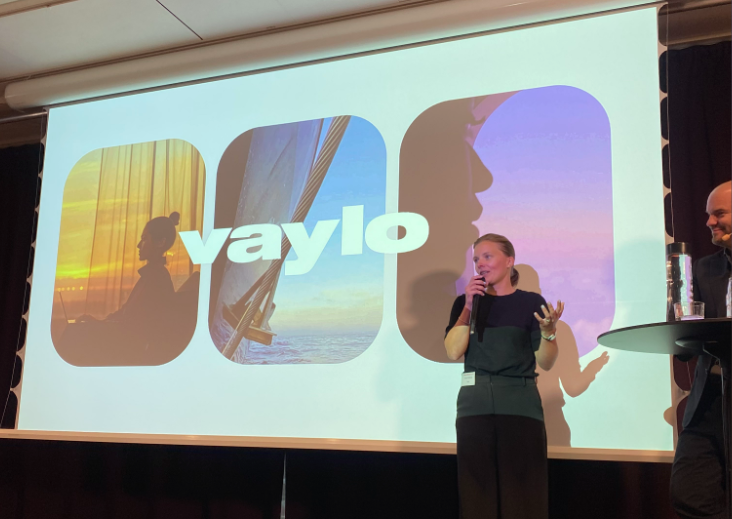AI is Already Transforming the Travel Industry

Yesterday, I had the honor of opening the Travel News event on AI in the travel industry. It was an inspiring discussion about how AI is already changing the way we travel, book, and experience the world and about the opportunities that lie ahead.
From my perspective, there are three areas where AI is already making a real difference: pricing, customer interaction, and back office.
Smarter Pricing
The travel industry has long relied on static price lists, updated only a few times per year. With AI, pricing can be dynamic, adjusted in real time based on demand, seasonality, and booking patterns.
Airlines and hotels already using dynamic pricing have seen revenue increases of 10–15%, and I believe travel organizers can achieve the same. With Vaylo RevAI, we are already seeing results, after just one month we’ve managed to raise prices by an average of 13%.
This is not just a technical improvement, it’s a shift in the rules of the game.
Redefining Customer Interaction
At Vaylo, we’ve built Julia AI, our own chatbot. For me, she’s a great example of how AI can transform the customer journey from being a static FAQ with canned responses into a true advisor, guiding customers all the way to the right trip.
It’s also important to note that over 70% of travelers already expect to be able to interact with AI-driven chat solutions. To me, this shows that we’re not talking about the future, this is something that must work today.
Back Office – the Invisible Revolution
AI in the frontend often gets most of the attention, but the real revolution is happening in the back office. This is about automating administration, integrating payments, and reducing errors, but also about having the right foundations in place to leverage the technology fully.
I’m convinced that the opportunities with AI are directly tied to having a future-proof platform at the core. Without it, you risk standing still while others move ahead.
Studies show that companies adopting modern automation can cut handling times by 70–80% and reduce errors by half. This is where the industry can free up time, resources, and ultimately deliver better experiences to customers.
My Conclusions
AI in travel is not science fiction, it’s reality. I believe the winners will be those who dare to start small, test, learn, and build from there. And above all: those who understand that technology must go hand in hand with the human touch that makes travel experiences memorable.
At Vaylo, we want to be part of driving that development. We combine modern technology with industry expertise to free up time, increase sales, and help organizers create even better customer journeys.
The future of travel is already here – and I look forward to continuing to help shape it.
/Karin
CEO Vaylo
karin@vaylo.com





